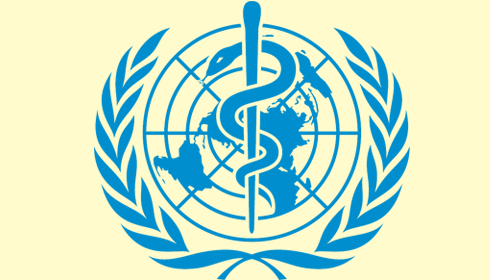
WHO Report Warns of Climate Change’s Impact on Malaria and Neglected Tropical Diseases
The World Health Organization (WHO) Task Team on Climate Change, Neglected Tropical Diseases (NTDs), and Malaria, in collaboration with Reaching the Last Mile (RLM), has unveiled a significant scoping review published in the Transactions of the Royal Society of Tropical Medicine and Hygiene. This comprehensive analysis of 42,693 articles underscores the insufficient understanding of how human-induced climate changes affect malaria and NTDs.
The review highlights that rising temperatures and changing weather patterns are shifting the spread of vector-borne diseases, which has serious implications for human health and adds pressure to healthcare systems. As disease vectors like mosquitoes expand their geographic range, the risk of these diseases being introduced to new, unprepared areas increases. The review reveals that these changes in disease prevalence, incidence, range, and intensity are likely to hit hardest in communities already disproportionately affected by them.
“The findings presented in this major review highlight the need for more comprehensive, collaborative, and standardized modelling, so that we can better understand and predict the effects of climate change on malaria and NTDs, both directly and indirectly,” said Dr. Ibrahima Socé Fall, Director of WHO’s Global NTD Programme and leader of the study. “This important and timely review reveals alarming trends and is a call to urgent action. Malaria transmission is likely to shift both polewards and to higher altitude, while the mosquito vector responsible for dengue and chikungunya is predicted to continue to expand its range. If we are to protect and build upon the hard-won victories of the past two decades, the time to mobilize is now.”
The paper also highlights a troubling trend: published research often focuses on low-disease burden countries with high access to quality healthcare, using the Healthcare Access and Quality Index (HAQI) measurement. Given the significant variations in the effects of climate change on malaria and NTDs by disease and location, this focus represents a growing emergency for historically underserved communities.
“The climate crisis has the potential to reverse decades of progress in global health and development,” said Tala Al-Ramahi, Chief Strategy Officer of Reaching the Last Mile. “Greater investment in research is urgently needed to support the development of timely and evidence-based interventions, and to allow us to anticipate and mitigate the worst consequences of climate change on human health.”
The review finds that only 34% of the studies reviewed (174 studies) address mitigation strategies, and a mere 5% (24 studies) explore adaptation methods. This gap in research underscores the urgent need for more evidence to safeguard the progress made against malaria and NTDs over recent decades.
“We have recently seen the consequences of extreme weather events on malaria, and they are only predicted to become more commonplace. The paper provides a clarion call for mitigation and evidence-responsive adaptation to climate change,” said Dr. Daniel Ngamije Madandi, Director of the WHO’s Global Malaria Programme. “As the impact of climate change is likely to be disproportionately borne by the poorest people, who are also disproportionately affected by malaria and NTDs, a more equitable, comprehensive, and sustainable response is needed.”
The review, which assessed peer-reviewed papers and grey literature published between January 2010 and October 2023, analyzed 42,693 records, examining 1,543 full-text papers in detail. Researchers correlated the number of publications with national disease burdens, HAQI scores, and climate vulnerability scores. Of the 511 papers that met the inclusion criteria, 185 focused on malaria, 181 on dengue and chikungunya, and 53 on leishmaniasis. Other NTDs were significantly under-represented, indicating a need for more extensive study.
This landmark review calls for urgent, enhanced research and action to address the emerging threats posed by climate change to global health, particularly in vulnerable communities.